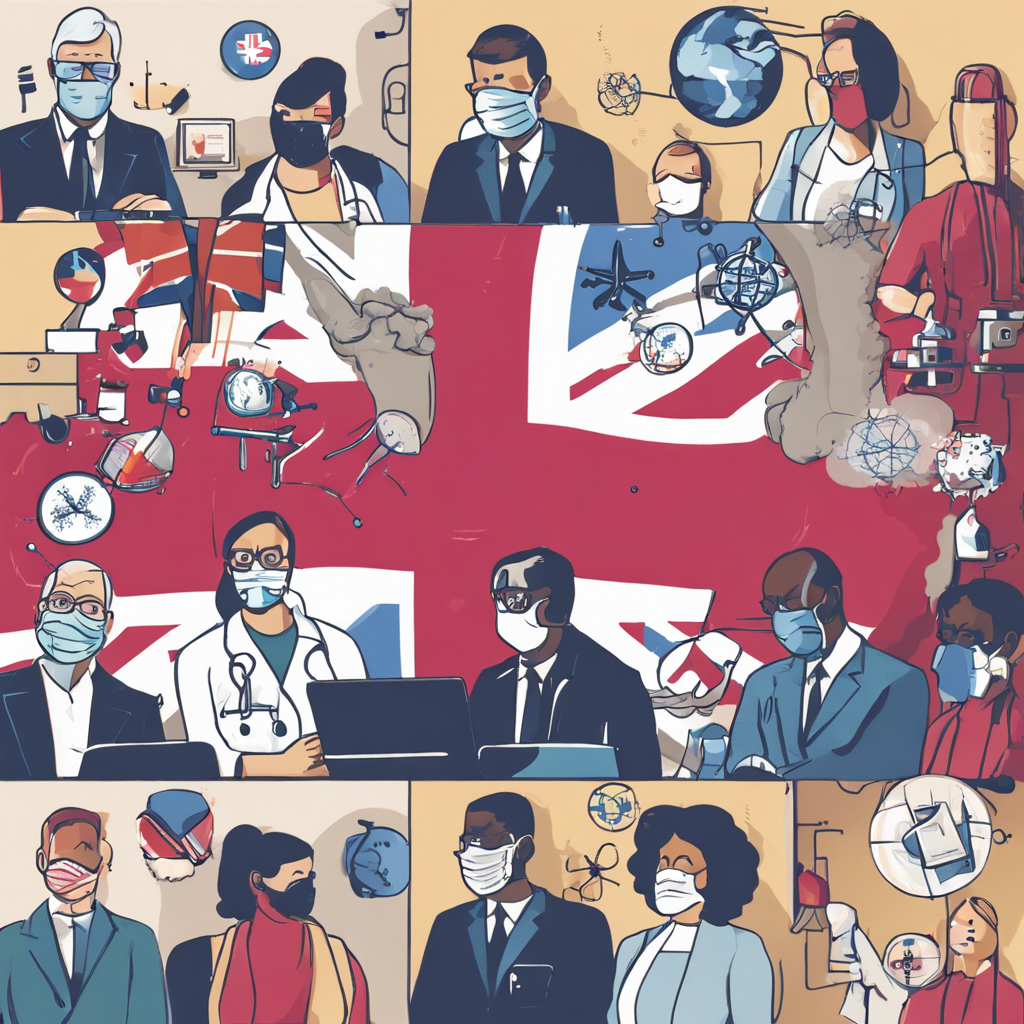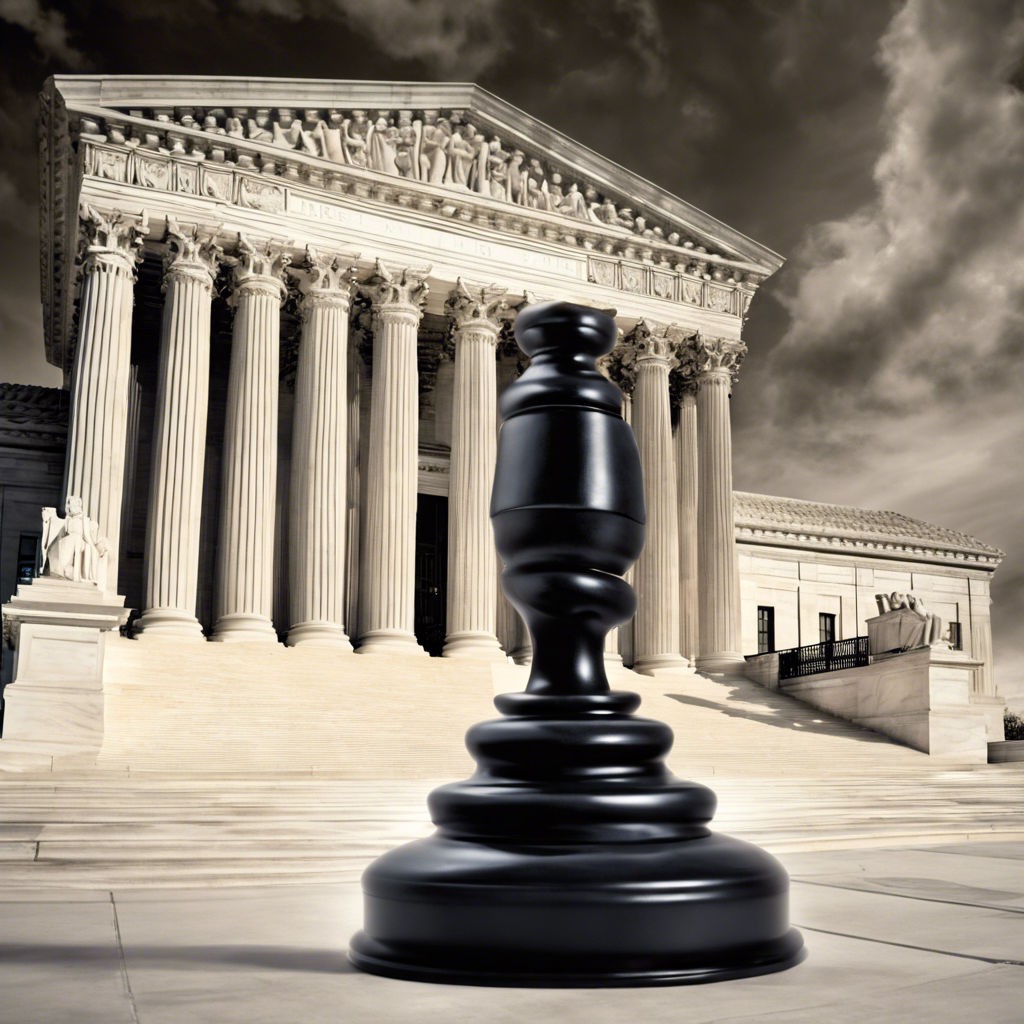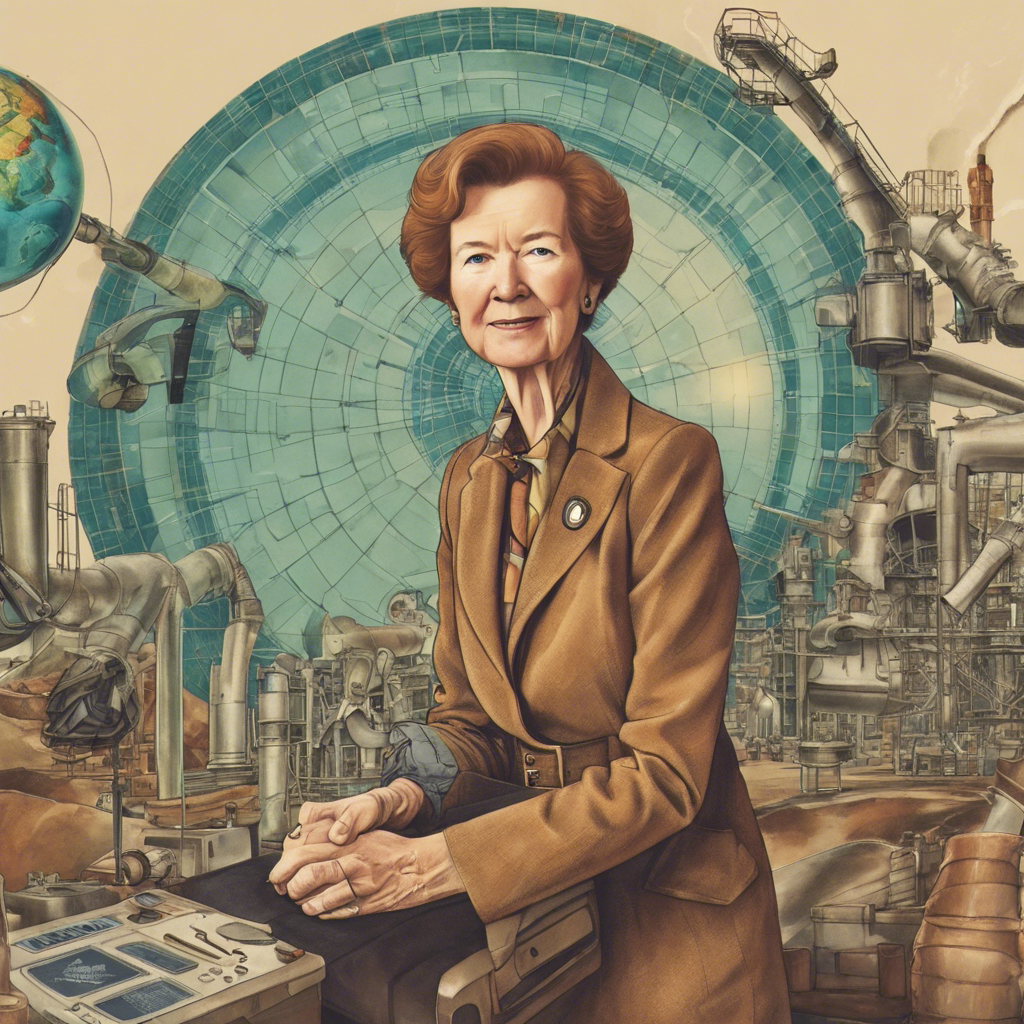UK Government’s Pandemic Response: Science Advisers Reflect on Challenges Faced

Inquiry reveals politicians’ struggle to understand scientific advice during COVID-19 crisis
As the ongoing public inquiry into the UK government’s response to the COVID-19 pandemic continues, key science advisers have shed light on the challenges they faced in providing research-based advice. The inquiry aims to assess the country’s preparedness, decision-making processes, and the impact on the healthcare system. Testimonies from experts such as former chief scientific adviser Patrick Vallance, current chief scientific adviser Angela Mclean, chief medical officer Chris Whitty, and deputy CMO Jonathan Van-Tam have highlighted the lack of scientific knowledge among politicians and civil servants, leading to difficulties in understanding and implementing scientific advice.
Politicians’ struggle with scientific data:
During his testimony, Patrick Vallance revealed that former Prime Minister Boris Johnson had difficulty comprehending data presented in graphs during the pandemic. This struggle was not unique to the UK government, as Vallance recalled a conversation with European science advisers who were discussing how to explain exponential curves to ministers, resulting in laughter. The reliance on experts and the evolving nature of scientific evidence in a fast-moving situation like a pandemic further complicated the situation. The testimony underscores the need for scientists to provide accurate advice based on science and evidence.
Calls for increased scientific involvement in decision-making:
Vallance has previously emphasized the importance of recruiting more science graduates into the civil service. He suggested that appointing scientists as ministers, actively participating in decision-making processes and being held accountable, could improve the government’s response to crises. Geoff Mulgan, a public policy researcher, supports this idea, advocating for scientists to have a more prominent role in decision-making rather than solely serving as external advisers.
Transparency and accountability in scientific advice:
The inquiry has also brought attention to the tension surrounding the publication of minutes from scientific-advisory meetings, particularly those of the UK Scientific Advisory Group for Emergencies (SAGE). While SAGE started publishing its minutes during the pandemic, Patrick Vallance highlighted the negative consequences, including reluctance among civil servants and politicians to participate or speak openly in meetings due to the fear of their remarks being made public. However, Vallance also emphasized that increasing secrecy or redaction is not the solution. Many scientists argue that transparency is crucial in scientific decision-making, as it allows the public to understand the science and modeling behind restrictions and measures. Increased transparency also leads to greater accountability and the ability for outsiders to verify and scrutinize scientific advice.
Conclusion:
The ongoing public inquiry into the UK government’s response to the COVID-19 pandemic has revealed the challenges faced by science advisers in providing research-based advice. The struggle of politicians and civil servants to understand scientific data highlights the need for increased scientific literacy in decision-making positions. Furthermore, the tension between transparency and confidentiality in publishing scientific advice minutes underscores the importance of finding a balance that ensures accountability while maintaining the trust of those involved. As the inquiry continues, it is hoped that the lessons learned will inform future decision-making processes and better equip the government to handle future crises.










